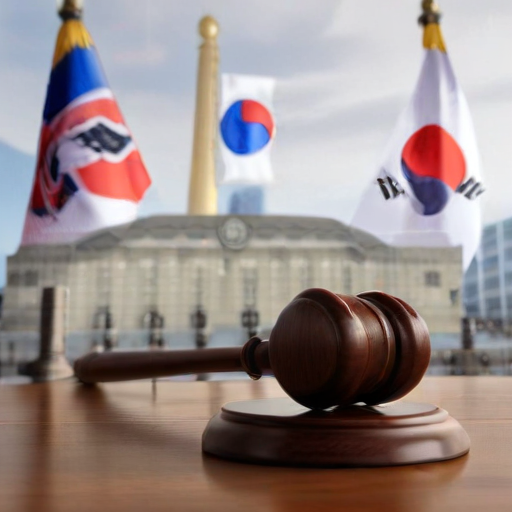Opposition members in South Korea’s National Assembly have initiated a motion to impeach President Yoon Suk Yeol following his controversial decision to impose martial law. This move reflects the growing dissatisfaction with the current administration and its handling of key issues.
If President Yoon resigns or faces removal from office, Prime Minister Han Duck-soo would assume presidential responsibilities, according to constitutional provisions. Yoon, a conservative leader, barely secured his position during the 2022 presidential election and appointed Han as prime minister during his term. This marks Han’s return to the role, having previously served under the liberal President Roh Moo-hyun from April 2007 to February 2008.
Han has a rich background in civil service, starting in the early 1970s, and has specialized in trade and industrial policy throughout his career. He earned his doctorate in economics from Harvard in 1984 and served as South Korea’s ambassador to the United States between 2009 and 2012.
This political turmoil could pave the way for renewed discussions on governance and policy direction in South Korea. It presents an opportunity for the government to reassess its strategies and potentially strengthen democratic processes. Whether or not the impeachment proceeds, the situation reinforces the importance of accountability in leadership, encouraging active civic engagement and future reforms.
